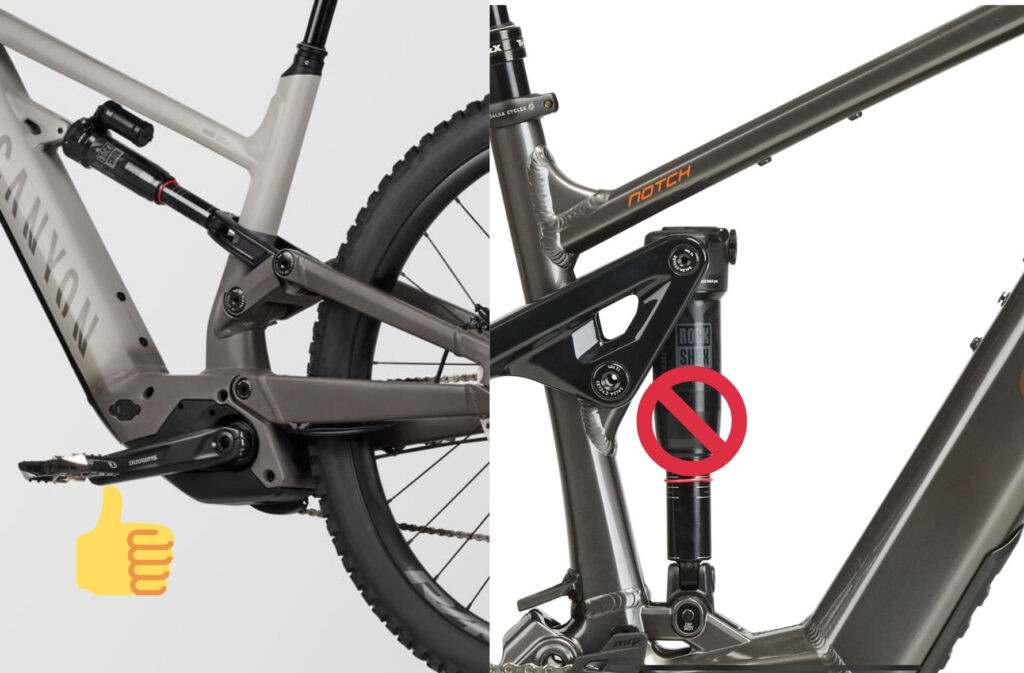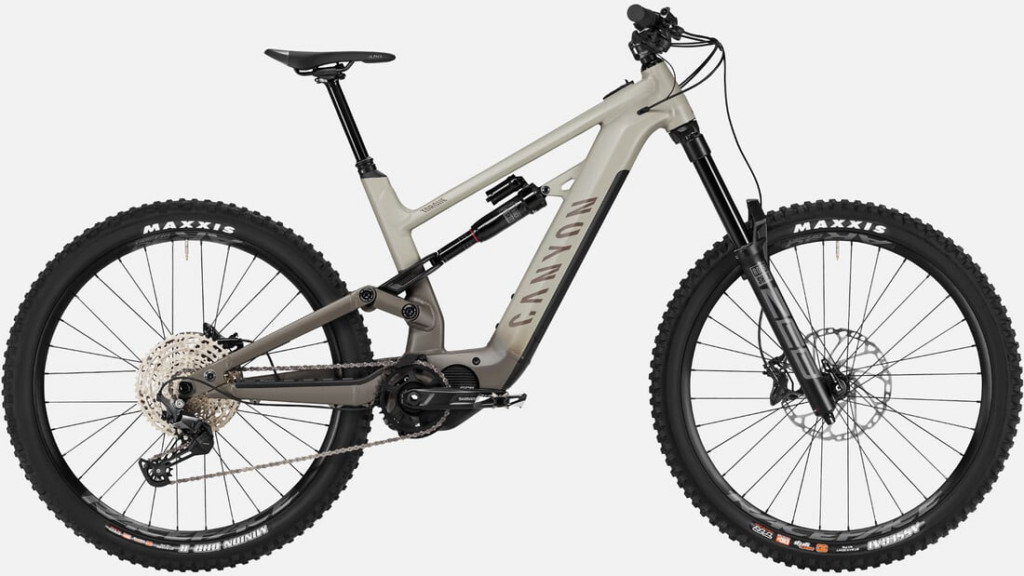Electric bikes are becoming increasingly popular, offering a fantastic way to commute, explore trails, or simply enjoy a leisurely ride with an extra boost. For those already invested in cycling, or even just considering their first e-bike, the question often arises: how can you find a quality electric bike without breaking the bank? Many cyclists have a collection of bikes for different purposes, and adding an e-bike shouldn’t require emptying your savings. If you’re aiming to expand your bike options with an electric mountain bike (e-MTB) on a budget, what are the most affordable routes to take?
Exploring the Used Electric Bike Market
The used market naturally presents itself as a potential avenue for savings. Used e-bikes can indeed be cheaper, but this path comes with its own set of considerations that warrant careful attention, possibly deserving a dedicated discussion. When considering a used e-bike, crucial questions emerge regarding the motor’s usage history, the battery’s health and lifespan, and the availability of software updates.
Buying used requires caution. However, if you can find a recent model from a reputable brand with minimal wear and tear, it could represent a significant saving. Thorough inspection and asking the right questions are essential when venturing into the used e-bike market.
Key Considerations for Budget-Friendly Electric Bikes
When searching for an affordable electric bike, especially an e-MTB, certain factors become paramount. Setting some boundaries is crucial. Steering clear of unknown brands from online marketplaces is advisable due to potential safety concerns, particularly regarding battery safety. Similarly, hardtail e-MTBs might not be the most comfortable option, especially for trail riding. For enhanced performance and comfort on varied terrain, an e-MTB with substantial suspension travel, ideally over 140mm, is preferable.
So, what are the strategic approaches to finding a cheap electric bike that still delivers performance and reliability?
Opting for direct-to-consumer brands is a highly effective way to reduce costs. By bypassing traditional retail channels and their associated markups (often around 30%), these brands offer more competitive pricing. While the convenience of a local bike shop’s service is valuable, experienced cyclists comfortable with bike maintenance might find the direct-to-consumer model advantageous.
Another area for potential savings is the frame material. Aluminum alloy frames are typically more budget-friendly than carbon fiber. While alloy e-bikes are heavier, the weight penalty is less noticeable on an electric bike compared to a traditional bike, particularly when tackling challenging terrain.
 Two shock options on e-bikes
Two shock options on e-bikes
Suspension components are another critical area. While compromises are inevitable when aiming for affordability, prioritizing decent quality suspension, especially the rear shock and fork, is important. For e-MTBs with significant rear travel (over 140mm), rear shocks with a piggy-back reservoir are highly recommended. This feature enhances oil volume, ensuring consistent damping during extended, demanding descents and preventing overheating, which can lead to uncontrolled and bouncy suspension performance. Basic air shocks without this feature might compromise performance in these conditions.
A Strong Contender in the Affordable E-MTB Category
 Canyon Torque:ON 7
Canyon Torque:ON 7
The Canyon Torque:ON 7, currently available for $3,999, stands out as a compelling option in the realm of affordable e-MTBs. It represents a robust package for the price, incorporating features typically found on more expensive models.
Canyon Torque:ON 7: Advantages:
- Shimano EP600 motor: A reliable and powerful motor providing ample assistance for challenging climbs and varied terrain.
- RockShox Zeb Fork: A high-performance fork known for its stiffness and responsiveness, enhancing control and handling.
- RockShox Deluxe rear shock with piggy-back reservoir: As discussed, this feature ensures consistent suspension performance on demanding trails.
- Generous suspension travel: 175mm rear and 180mm front travel provides significant capability for tackling technical descents and rough terrain.
Canyon Torque:ON 7: Considerations:
- 27.5” Wheels: While functional, some riders prefer a mullet setup (29″ front, 27.5″ rear) for enhanced roll-over capability. Retrofitting might be an option for those seeking this configuration.
- Shimano M6100 components: These components are functional and reliable but represent a more basic level within the Shimano range.
- Model Name: While a minor point, the name might be considered somewhat cumbersome.
Despite these minor points, the Canyon Torque:ON 7 offers exceptional value, delivering a high level of performance and features at its price point. Commencal’s Meta Power TR, priced similarly, is another option to consider. While it boasts a Bosch Performance Line CX motor, a highly regarded system, its suspension components might be less advanced. However, for less demanding terrain, the Meta Power TR, with its 140mm travel and 29er wheels, could be a suitable choice.
Beyond these models, entry-level e-MTBs from many brands typically start closer to the $5,000 mark. While these more expensive options often offer upgraded components, the Canyon Torque:ON 7 remains a remarkably competitive and hard-to-beat option for its price.
This exploration hasn’t been exhaustive in uncovering every single cheap electric bike available. If you’re aware of an even more compelling option than the Canyon Torque:ON 7, feel free to share it in the comments below!
